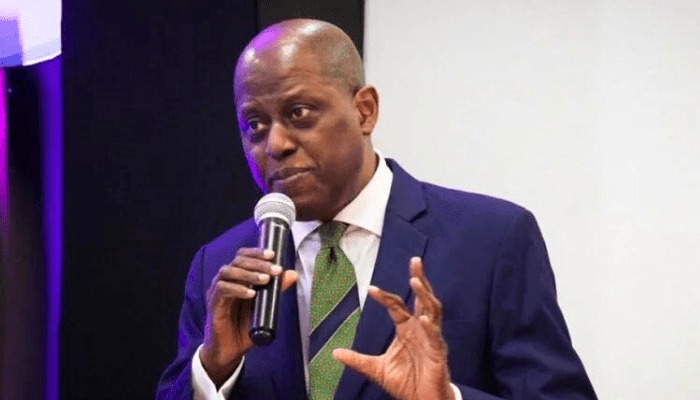The Central Bank of Nigeria (CBN) has said it will no longer be involved with direct development finance interventions.
The banking sector regulator will rather return to its core mqndate of monetary policies and advisory roles to support economic growth.
CBN governor, Olayemi Cardoso, in a statement on Thursday, said previous leadership of the CBN had included fiscal intervention in its functions, a situation that blurred the lines between monetary and fiscal environments.
He said going forward, the CBN will carry out more limited advisory roles that support economic growth.
These advisory roles, according to him, include acting as a catalyst to promote specialised institutions and financial products that support emerging sectors of the economy.
Cardoso said new regulatory frameworks would be facilitated to unlock dormant capital in land and property holdings, as well as increase access to consumer credit and expand financial inclusion to the masses.
He said the activities of the CBN would include increasing private sector investment in housing, textiles and clothing, food supply chain, healthcare, and educational supplies by de-risking instrumentation.
“These verticals have huge demand patterns, with the potential for high local inputs and value retention, and can be the basis for rapid industrialisation,” he said.
The CBN governor also said CBN will use its convening power to foster partnerships between key multilateral and international stakeholders in government and private sector initiatives.
The problems confronting the CBN, according to him, are large and complex, and can not be solved by the new management overnight.
“It must be emphasised that CBN does not have a magic wand that can be waved at the current economic challenges,” he said.
Cardoso further stated that “with focused leadership and sustained reforms, it is expected that over time, the country will see gains open economic spaces, attract new investments, create employment, and give our hardworking and talented compatriots opportunity for a more prosperous future.”
He listed some of the challenges faced by the CBN to include failure in corporate governance, diminished institutional autonomy and the need to refocus CBN back to core functions.
Others are discontinuing unorthodox monetary policies and foreign currency management.
Cardoso said the CBN is looking into the backlog of forex demand, examining creative financing options for clearing the short to medium-term backlog and ensuring inflation and price stability, adding that the financial regulator is considering control options to enforce statutory limits in the use of ways and means for financing public sector deficit.









